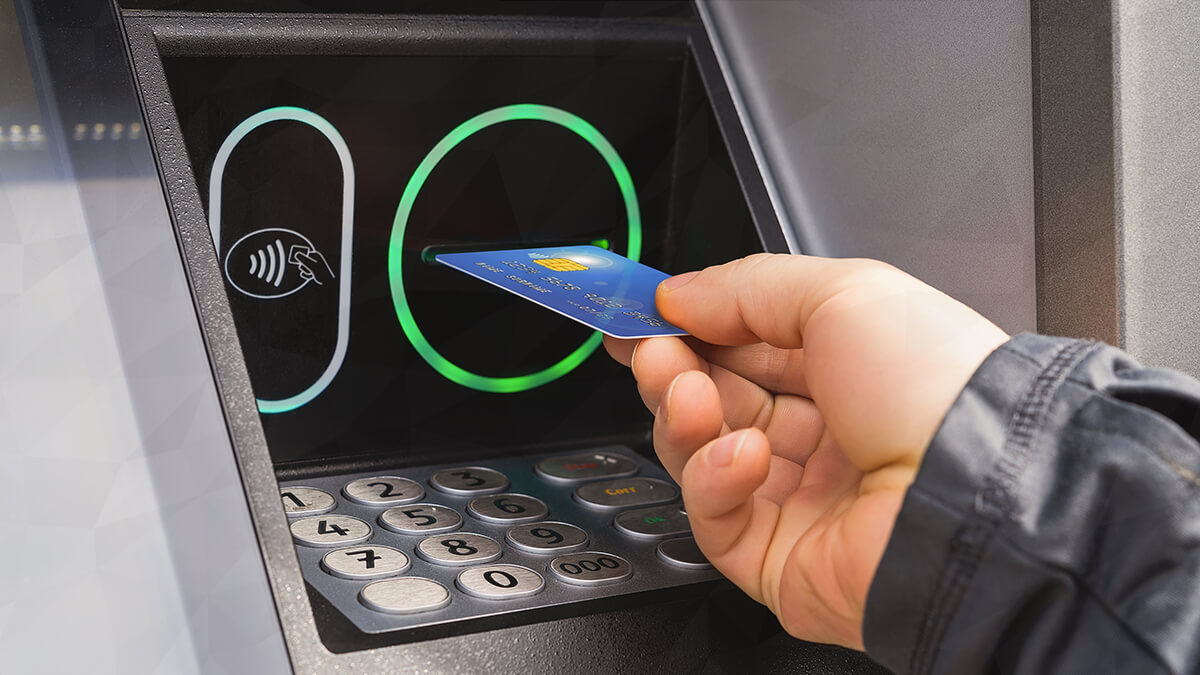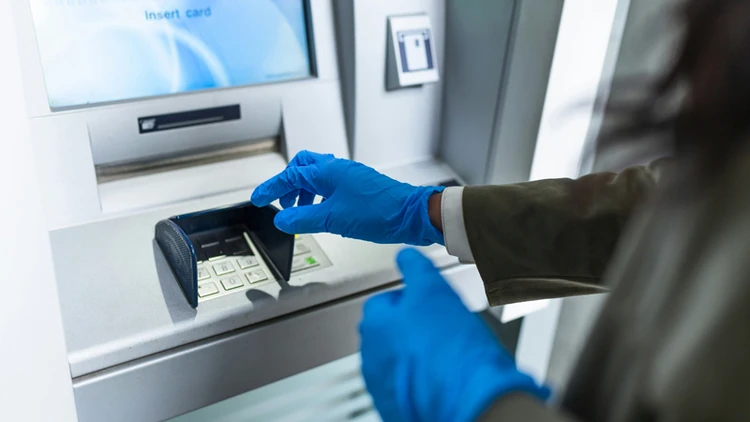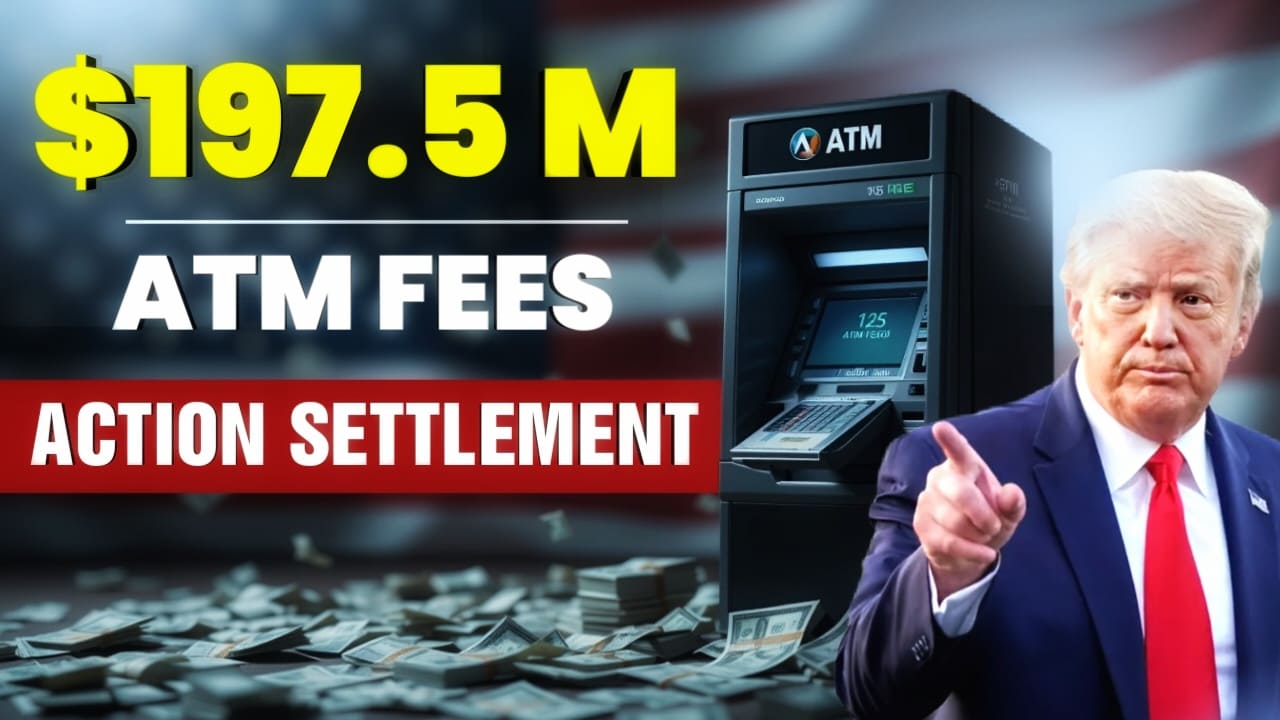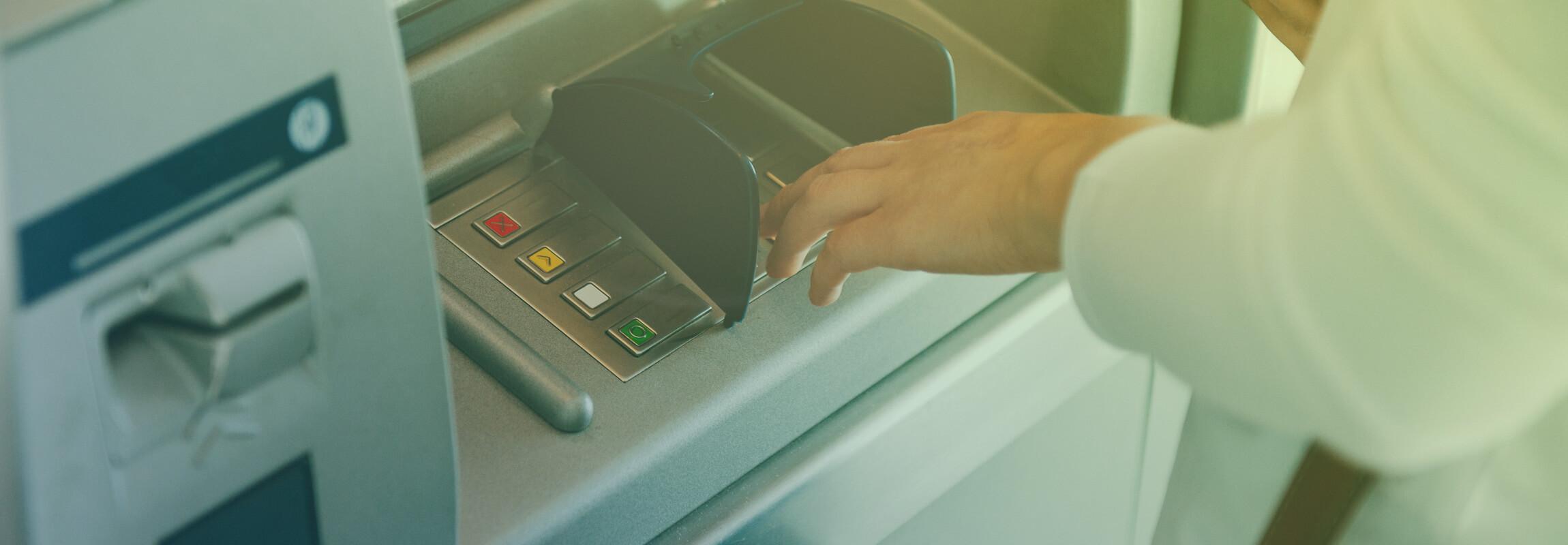Visa And Mastercard To Refund $197.5m In Atm Surcharge Settlement

Consumers who felt the sting of ATM surcharge fees from 2007 to 2021 may soon see some relief. Visa and Mastercard have agreed to a $197.5 million settlement to resolve a class-action lawsuit alleging that they conspired to inflate these fees. The agreement marks a significant step towards addressing concerns about the transparency and fairness of ATM charges.
At the heart of this settlement lies the accusation that Visa and Mastercard, wielding their considerable market power, implemented rules that effectively prevented ATM operators from offering lower surcharges to customers who belonged to certain networks. This nut graf delves into the details of the lawsuit, the settlement terms, and the potential impact on consumers and the ATM industry as a whole, providing a comprehensive overview of this complex issue.
Background of the Lawsuit
The class-action lawsuit, initially filed in 2011, accused Visa and Mastercard of violating antitrust laws. Plaintiffs argued that the card networks' rules restricted ATM operators' ability to offer 'on-us' pricing. This refers to charging lower fees or no fees to customers who use ATMs owned by their own bank or a bank within the same network.
The suit further alleged that these rules stifled competition and led to artificially high ATM surcharge fees for consumers. The legal battle has spanned over a decade, involving extensive discovery, expert testimony, and multiple court rulings.
Terms of the Settlement
The $197.5 million settlement fund will be used to compensate consumers who paid ATM surcharge fees between October 1, 2007, and September 30, 2021. The exact amount each individual will receive will depend on the number of valid claims submitted. Details on how to file a claim will be released following the court's final approval of the settlement.
The settlement also includes injunctive relief, requiring Visa and Mastercard to modify their rules to allow ATM operators to offer differential pricing based on the card network. This change aims to foster greater competition and potentially lower ATM fees in the future.
Impact on Consumers
The settlement offers a tangible benefit to consumers who have long borne the burden of ATM surcharges. While the individual payouts may not be substantial, the overall impact of the settlement could be significant.
The changes to Visa and Mastercard's rules could lead to more competitive pricing in the ATM market. This is potentially benefiting consumers by giving ATM operators greater flexibility to set their fees.
Industry Perspective
The ATM Industry Association (ATMIA) has closely followed the lawsuit. They recognized the potential implications for its members. While the ATMIA has not issued a formal statement on the settlement, industry observers suggest that the changes could lead to a shift in how ATM operators structure their pricing models.
Smaller ATM operators, in particular, may benefit from the ability to offer more competitive rates. This could help them attract customers and compete with larger banks and networks.
Legal Analysis
Antitrust experts believe the settlement highlights the importance of ensuring fair competition in the payment processing industry. Professor Eleanor Fox, an antitrust law expert at New York University School of Law, commented that "this case underscores the need for vigilance in monitoring the rules and practices of dominant players in the payment networks to prevent anticompetitive behavior."
She added that settlements like this can serve as a deterrent to similar practices in the future.
"It sends a message that companies will be held accountable for actions that harm consumers and stifle competition."
Visa and Mastercard's Response
Both Visa and Mastercard have agreed to the settlement without admitting any wrongdoing. In separate statements, the companies maintained that their rules were designed to ensure the security and reliability of the ATM network. They also suggested that the settlement was a pragmatic solution to avoid the costs and uncertainties of further litigation.
Visa stated that "while we continue to believe our rules were appropriate, we are pleased to resolve this matter." Mastercard echoed this sentiment, stating that "resolving this long-standing litigation is in the best interest of all parties."
The Road Ahead
The settlement is still subject to final approval by the court. Once approved, a claims process will be established to allow eligible consumers to submit their claims. Details about the claims process, including deadlines and required documentation, will be widely publicized through a dedicated website and other channels.
Consumers who believe they are eligible for compensation should monitor the news for updates and prepare to file their claims accordingly. The case In Re: ATM Fee Antitrust Litigation, MDL No. 1904, is being heard in the U.S. District Court for the Northern District of California.
Looking to the Future
This settlement could usher in a new era of transparency and competition in the ATM market. With ATM operators now having greater flexibility in setting their fees, consumers may see more options and potentially lower surcharges.
The long-term impact of the settlement will depend on how ATM operators respond to the changes in Visa and Mastercard's rules. However, this settlement represents a significant victory for consumers and a step toward greater fairness in the financial services industry.

.webp)




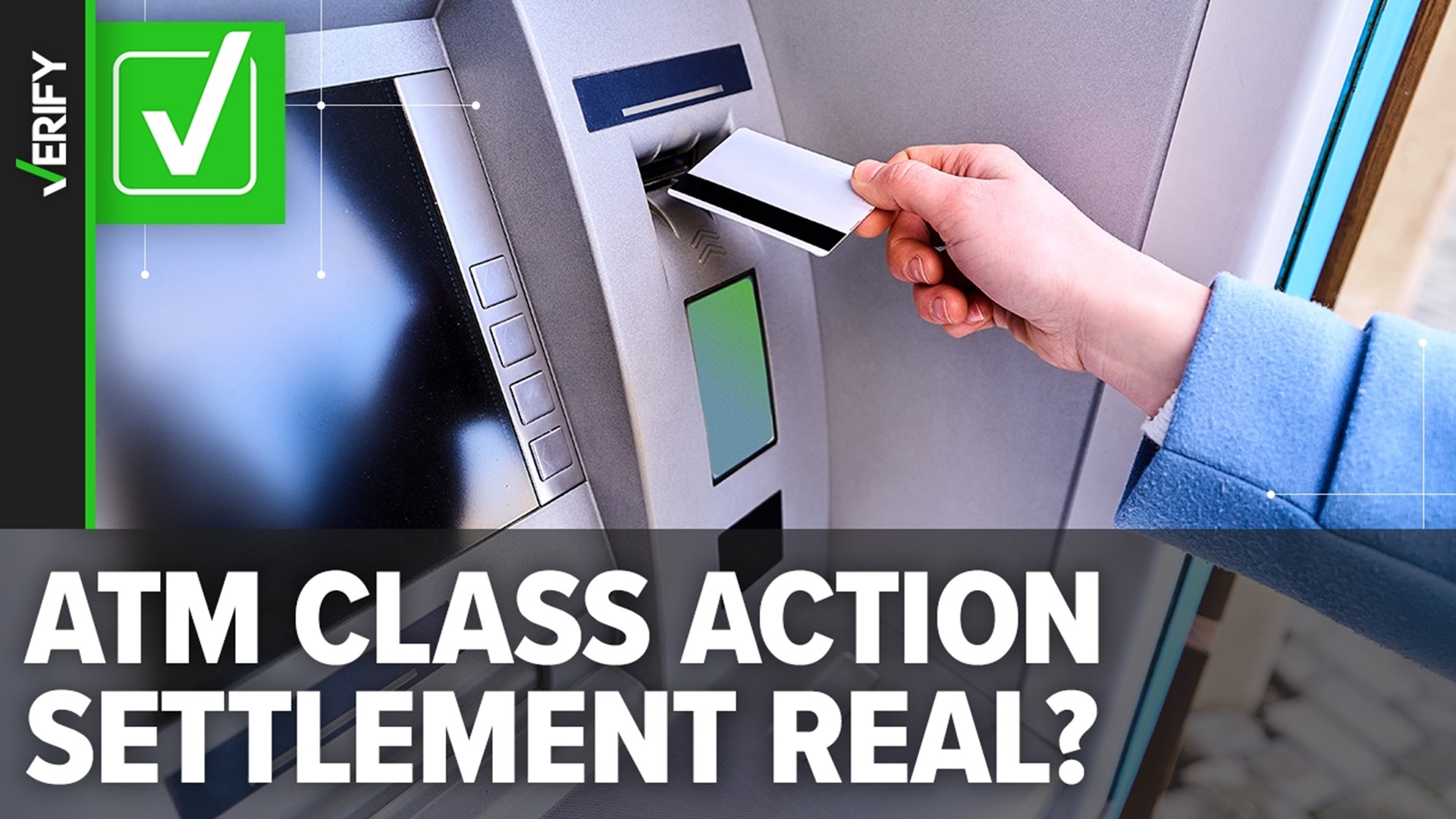
.webp)


